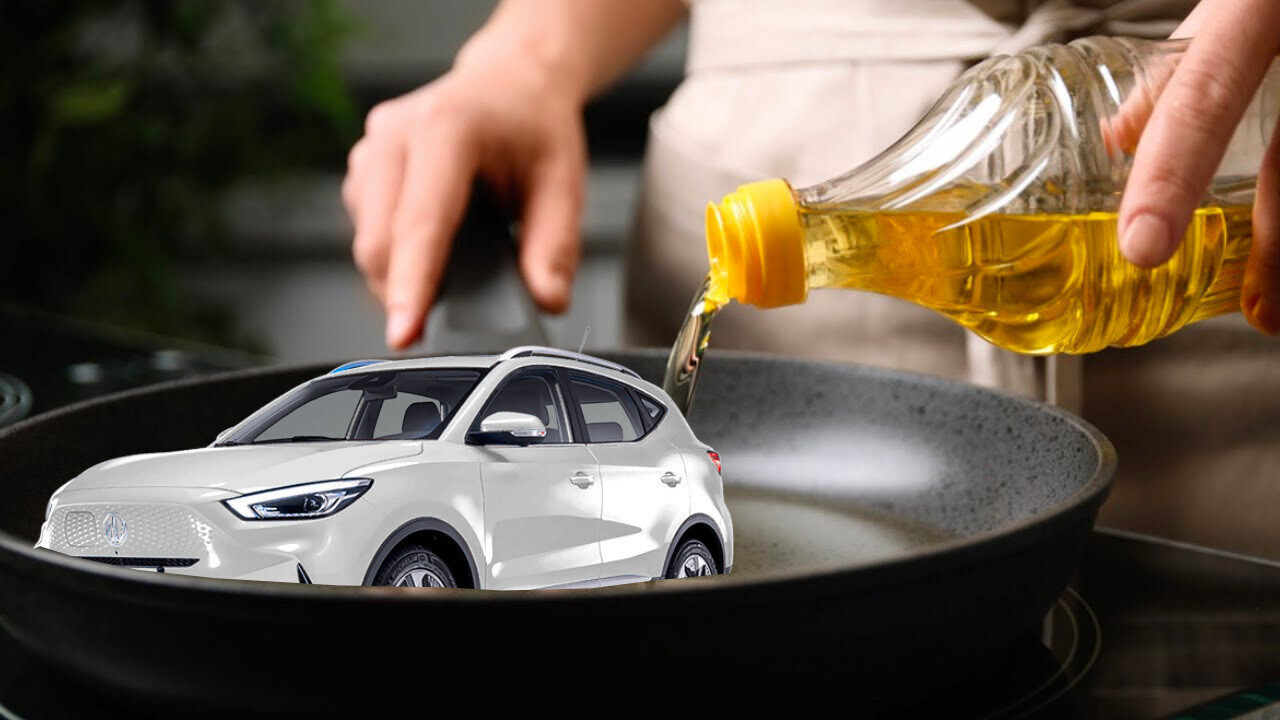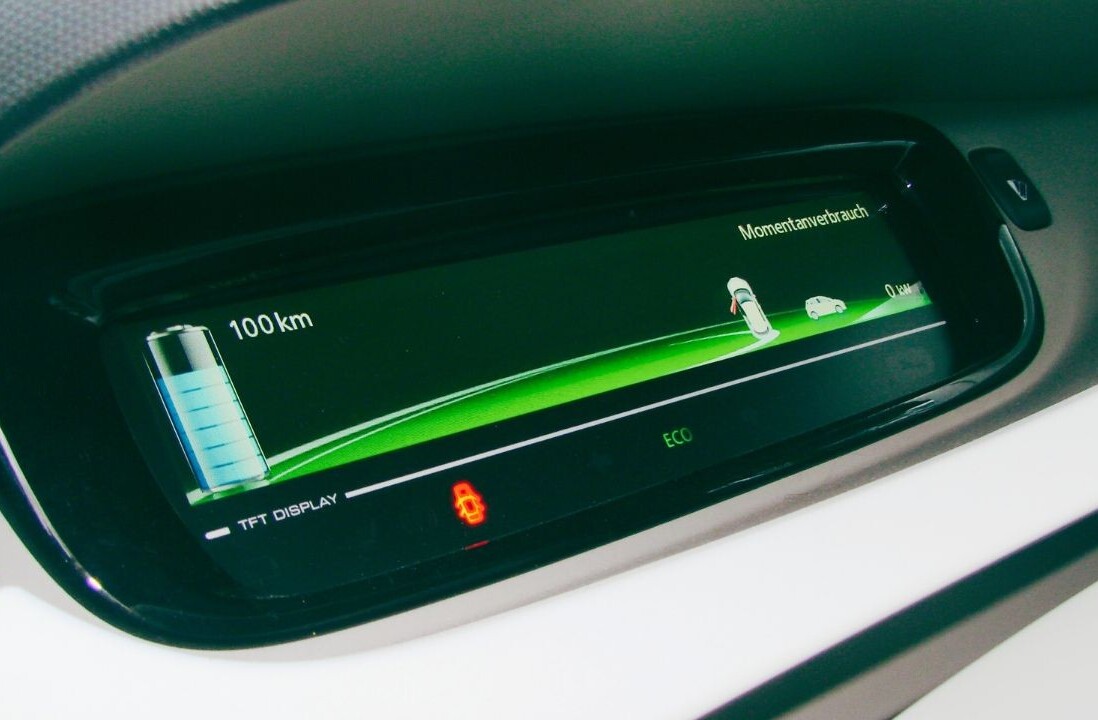
Can’t afford an EV? Not willing to give up on a classic car? Want to eschew rising fuel prices? There are lots of good reasons to increase your car’s fuel economy.
But one thing you might want to consider is running your car on vegetable oil. I took a deep dive, and I’m sharing all I learned with you about making the switch.
Not all cars are equal
Firstly, not all cars can run on straight vegetable oil. Older crappier diesel engine cars are most suitable to run on cooking oil. Petrol-powered cars have a different form of combustion and are thus unsuitable, as the vegetable oils are too flammable for their engines.
A modern diesel engine is most suited to biofuel.
Ok, so what is biofuel?
According to the US Energy Information Administration biofuels are fuels made of natural products like ethanol and biodiesel.
Plant starches and sugars like beet sugar are a source of ethanol.
Biodiesel comes from new and used vegetable oils and animal fats. It is biodegradable, and is made by combining alcohol with vegetable oil, animal fat, or recycled cooking grease.
These fuels are usually blended with petroleum fuels (gasoline and distillate/diesel fuel and heating oil) to improve the quality of the oil and its condition during storage.
Planes, trains and…?
Vegetable oil is not just limited to cars. You can even convert motorbikes and school buses, as long as they feature diesel engines.

Last week, a test model of an Airbus A380 ‘superjumbo’ aircraft flew from Toulouse to Nice, a three-hour flight. It was the first A380 flight powered by sustainable aviation fuel (SAF) — fuel made from waste oil and fats, green and municipal waste, and non-food crops.
The endeavor was a partnership between Air France-KLM, Airbus, airport operator ADP, and energy company Total to make air travel more environmentally friendly.
All Airbus aircraft are currently certified to fly with up to a 50% blend of SAF mixed with kerosene. The aim is to achieve certification of 100% SAF by the end of this decade.
How easy and effective is running your car on vegetable oil in reality?
Mythbusters conducted a test on running a car on french fry oil in 2008. They drove a car on a track, first using diesel, and then used french fry oil.
The result? The car running on vegetable oil reached a very serviceable 30mpg compared to the 33mpg on a diesel car.
Even better, they made no modifications to the car: they just poured the used cooking oil into the gas tank instead of diesel.
They haven’t repeated the experiment, but there are are loads of videos and articles around where people have tried similar experiments (check out the resources below).
There’s also the option to convert your engine
Yes, you can just strain oil and pour it in. Your car should run fine without any ill effects.
However, serious enthusiasts will choose to install extra parts such as an extra tank, filters, and an oil heating system. This ensures good health of the car for the long term.
Specialist companies make and sell the hardware needed to convert vehicles to properly run on waste vegetable oil.
Make friends with a local restaurant
How do you feel about fries?
Restaurants use up gallons of cooking oil that they are legally bound to dispose of, usually through a specialist service.

It might be a bit harder in Germany, though, as restaurants are currently experiencing a shortage of sunflower oil due to a lack of supply from war-ravaged Ukraine.
How about a Ford or Chevy running on biofuel?

If getting up close and personal with a hose and a funnel seems a bit too DIY, there’s even a whole class of vehicles called Flexible fuel vehicles (FFVs) that can run on gasoline or any blend of ethanol and gasoline up to 83%.
E85 (or flex fuel) is a gasoline-ethanol blend containing 51% to 83% ethanol.
Examples of such vehicles include the Chevrolet Silverado 4WD and Ford F-150 2WD FFV.
What are the pros and cons of vegetable oil fuel?
Pros:
- Better for the environment in terms of overall pollution.
- Cheaper than regular fuel.
- Can reduce the reliance on foreign oil, depending on where your country sources its fuels.
- It’s a great talking point at parties.
Cons:
- Sourcing enough vegetable oil if you drive a lot could prove difficult.
- The viscosity of cold oil can cause fuel injectors to clog, and it could make your fuel pump work a lot harder, so you’ve gotta strain it. It’s gross, and you’ll see gunk that’s enough to make you question your dietary choices.
- Depending on where you live, your car may still be classed as running on diesel (as it’s not electric) and subject to the usual travel access restrictions.
- It may invalidate your warranty.
- In terms of biodiesel, it’s worth remembering that natural vegetation is destroyed in some parts of the world to grow soybeans and palm oil trees to make biodiesel.
- Growing crops to produce the ingredients for biodiesel diverts farmers from growing food, and uses precious water.
So, there’s a lot to think about. It also depends on whether your bigger aim is saving money or helping the environment, especially in the case of a vehicle that runs on biofuel.
But if you have an old banger and live close to a burger bar, what’s stopping you?
Resources
Vegoilcar is an excellent site from a highly knowledgeable guy who has been running a diesel-free car since 2008.
WVO (waste vegetable oil) has detailed information, including sourcing oil, legalities, and technical info.
Get the TNW newsletter
Get the most important tech news in your inbox each week.




